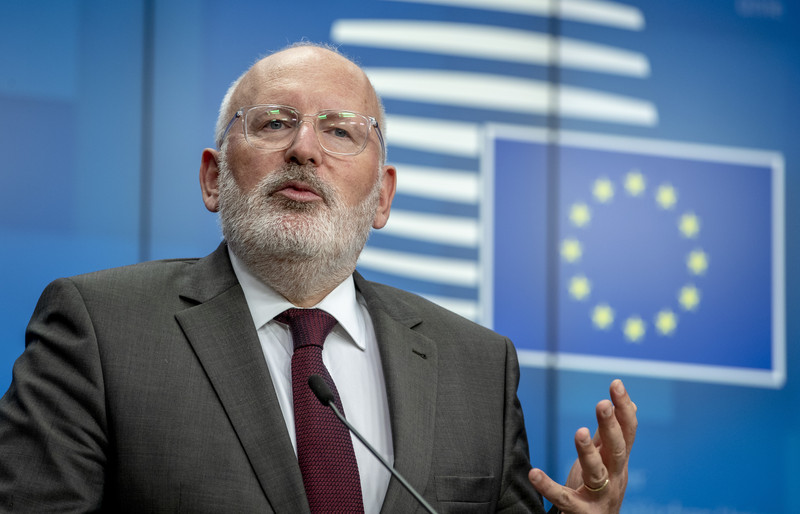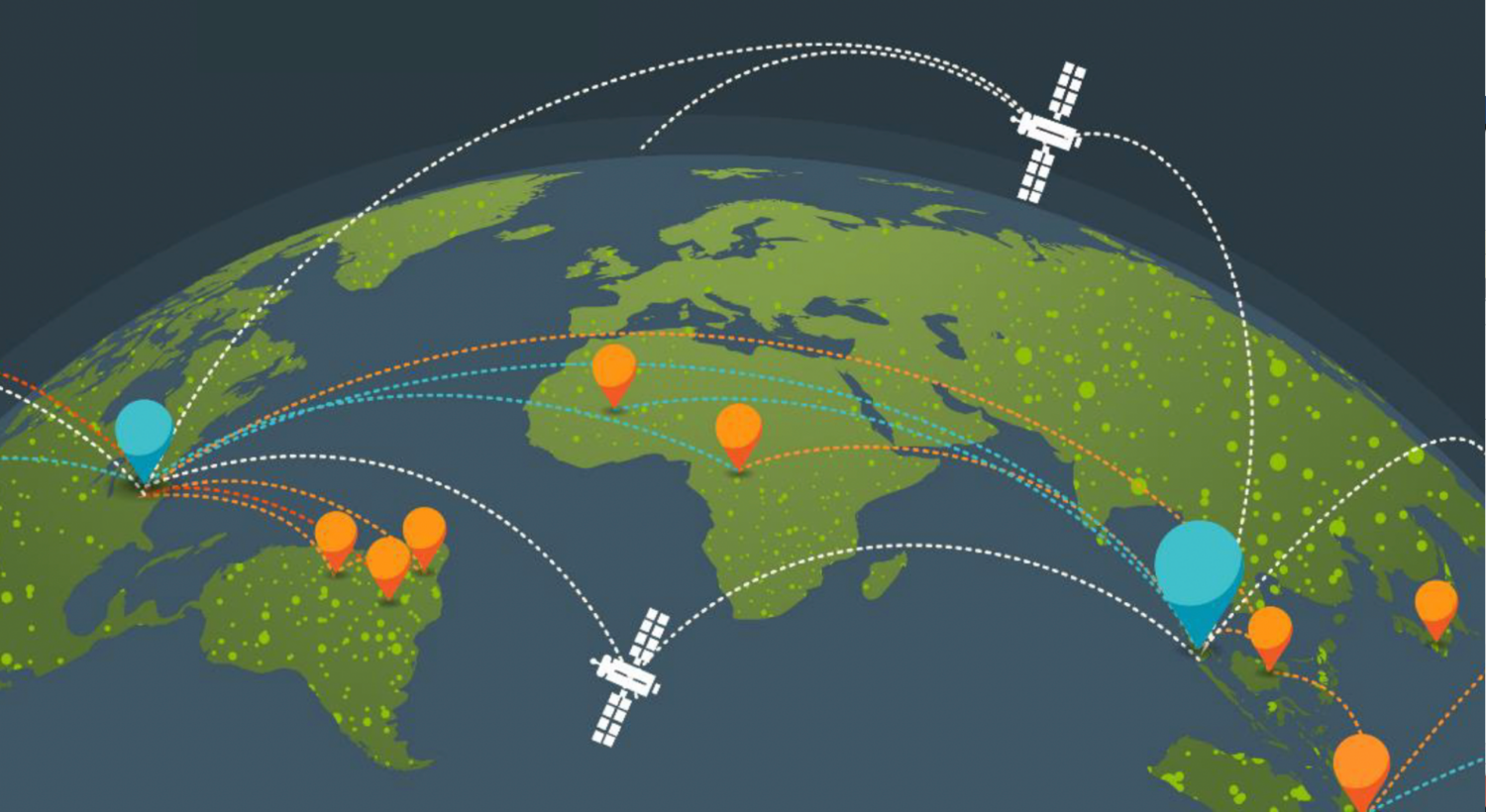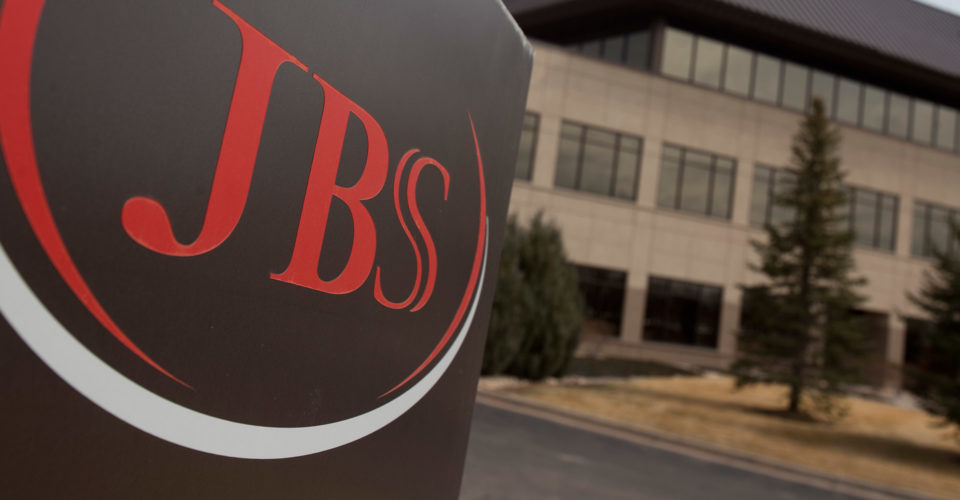
EU Makes Unprecedented Move: No More Illegal OR Legal Deforestation for EU Products
EU Makes Unprecedented Move: No More Illegal OR Legal Deforestation for EU Products
Still Needed: Protections for Other Native Ecosystems
EMBARGOED UNTIL 17 November 2021, 12:30 CET
Today, the European Commission published a draft law to ensure agricultural products sold in the Union are free of deforestation. In a landmark move, the EU legislative proposal addresses both legal and illegal deforestation in producing countries. This is a world first: it sets an international precedent in the fight against deforestation, and provides an important incentive to protect the planet’s remaining forests.
“The EU draft anti-deforestation law represents a major leap forward in the fight to protect the world’s endangered forests,” said Nico Muzi, Europe Director of Mighty Earth. “The EU is sending a clear message to major supermarkets and retailers: one of the largest economies in the world simply won’t accept agricultural products linked to deforestation.
However, Mighty Earth cautioned that the draft law has three major loopholes that could substantially weaken its impact even as deforestation in the Amazon surges. First, the draft law doesn’t cover the destruction of vital, carbon-rich natural ecosystems such as savannahs, wetlands and peatlands; second, the Commission plan fails to protect the rights of Indigenous peoples to their ancestral lands even though multiple studies show that Indigenous territories are often the best protected; and third, the proposal excludes rubber, which has been a significant driver of deforestation.
“This law will make companies like Cargill think twice about purchasing agricultural goods linked to deforestation,” said Muzi. “But it must be strengthened if the EU is serious about fulfilling its COP26 pledge to end deforestation by 2030. It pointlessly leaves out carbon-rich natural ecosystems such as Brazil’s Cerrado and Southeast Asia’s peatland – as well as rubber, an important forest-risk commodity. It also misses the opportunity to protect indigenous peoples, who are some of the best defenders of the land.
“There’s no reason European consumers should have to worry that the chicken they’re cooking is linked to the destruction of our most precious ecosystems,” said Muzi. “There’s simply no need to destroy native ecosystems to make room for commercial crops. There are more than one billion acres of previously degraded land where all future agricultural needs can easily be met without threatening the world’s last ecosystems. We therefore urge the European Parliament to close those huge loopholes in order to protect European consumers from nature destruction and human rights violations.”
Demand for a strong EU law across society
Shoppers in Europe have said again and again they don’t want to buy food linked to the bulldozing of natural ecosystems. Four in five Europeans think that governments should oblige supermarkets to act on deforestation. In fact, a record 1.2 million citizens urged the Commission to go beyond forest protection and include natural ecosystems such as savannas, wetlands and peatland in the law. The comment period was the second most participated-in public consultation in the history of the EU
And because their customers are demanding deforestation- and conversion-free products, businesses also support strong regulation. In May, over 70 big companies such as supermarket chains Carrefour and Lidl, foodmakers Danone and Ferrero, cosmetics brands L’Oreal and The Body Shop (and even Groupe Avril, France’s largest animal feed producer) urged the EU to protect natural ecosystems.
A year ago, the European Parliament adopted a legislative initiative report urging the European Commission to propose a strong anti-deforestation law.
The link between EU consumption and global deforestation
Europe is one of the largest drivers of global deforestation in the world, second only to China. The EU is responsible for 16 percent of tropical deforestation through the imports of commodities such as beef, soy, palm oil, rubber, timber, cacao and coffee and their derived products.
Agriculture drives almost 90 percent of tropical deforestation, according to the Food and Agriculture Organization of the United Nations (FAO). Soy traders Cargill and Bunge and meatpackers JBS and Marfrig are among the worst forest destroyers in Brazil.
The draft law obliges all companies importing and trading with the six agricultural commodities (beef, soy, palm oil, wood, cocoa and coffee) to conduct due diligence to ensure products sold in the single market are deforestation-free.
ENDS
Notes to the Editor:
Why do we need to protect savannahs, wetlands and peatlands?
Savannahs, wetlands and peatlands support the livelihoods of Indigenous peoples, are home to wildlife, including critically endangered species, and are massive carbon sinks.
Around 70% of the forest destruction associated with EU soy imports was concentrated in one critical biome, Brazil’s Cerrado. The Cerrado is a woody tropical savannah that scientists describe it as an ‘upside-down forest’ because its root system is immense and stores around 13.7 billion tons of carbon dioxide.
This means that if the Commission sets out to only protect ecosystems strictly defined as “forests”, soy and beef expansion in South America will keep shifting from the Amazon basin to the Cerrado, exacerbating deforestation, greenhouse gas emissions, violence and human rights violations. The same could be expected for palm oil, which will expand further into peatlands.
Why rubber?
It’s vital that rubber is included in the EU deforestation law. As a key deforestation-risk commodity, rubber was responsible for over 5 million hectares of deforestation over recent years and rubber’s expansion in tropical countries has had a devastating impact on millions of hectares of forests, ecosystems, biodiversity, and natural habitats, as well as the rights and livelihoods of hundreds of local and Indigenous communities. Rubber is used mainly in auto tires, but is also found in numerous products like boots, mats, condoms, gloves, and apparel. With global rubber demand forecast to boom by 33% by 2030, and widespread deforestation and species extinction predicted, key industry associations like the ETRMA – which represent giant tire companies like Michelin and, Continental and Pirelli – recently publicly stated that they favour mandatory due diligence and always believed rubber would be in the EU’s legislation.
The decision to exclude rubber was based on flawed data, according to the academics whose research was used by the European Commission.
Why upholding international human rights laws?
The Commission’s plan fails to protect international human rights, in particular to ensure that the lands of indigenous peoples and local communities are protected. Instead, it relies on national laws of producing countries. This is problematic as recent developments in Brazil and Congo show how even those national laws are under attack.
About Mighty Earth
Mighty Earth is a global environmental campaign organization that works to protect forests, conserve oceans, and address climate change. We work in to drive large-scale action towards environmentally responsible agriculture that protects native ecosystems, wildlife, and water, and respects local community rights.
More information on Mighty Earth can be found at www.mightyearth.org/.
EU Transparency Register: 169821638625-38
###
Contact details:
Nico Muzi – [email protected]
+32 484 27 87 91


